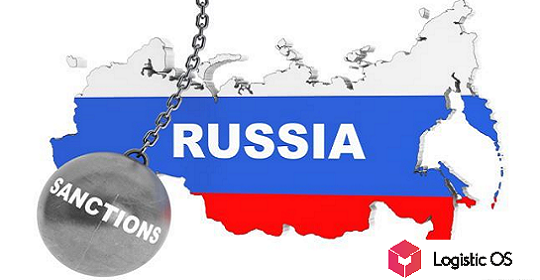The Ministry of Industry and Trade and the Ministry of Agriculture are trying to agree on the maximum and minimum prices for the «borscht set» products.
Preventing price increases for socially significant products is an important task for the government. As part of this, work has recently begun to establish the minimum and maximum prices at which socially significant products should be sold in retail chains.
At the same time, it is assumed that work in this direction will be continued.
«In particular, it is proposed to approve a list of such goods, prescribe all the necessary regulatory procedures, create a pricing commission that will include representatives of government agencies, industry and trade associations, as well as constituent entities of the Russian Federation,» said Deputy Minister of Industry and Trade Roman Chekushov.
A feature of such work is that it is necessary to take into account the interests of all parties.
On the one hand, it is necessary to prevent socially significant products from becoming excessively expensive, because this could hit citizens. On the other hand, it is important to ensure that the profitability of retail chains remains in the black, experts say.
For this reason, there is no talk of establishing a single fixed price. The ministry is trying to agree on «forks» that include the maximum and minimum price at which the goods should be sold in the store.
At the same time, it is assumed that retailers will have to purchase about 80% of all volumes of socially significant goods under long-term contracts, and another 20% through tenders.
Incidentally, since at least last fall, the producers themselves have been promoting the idea that the relationship between them and retail chains should be built on the basis of long-term contracts, since this format allows for maximum stability and predictability.
In particular, the Potato Union put forward this idea. According to its representatives, at the end of 2024, this idea was supported by almost all relevant departments, including the Ministry of Agriculture and the Ministry of Industry and Trade, and the Federal Antimonopoly Service.
Analysts note that one should not expect a significant reduction in prices for potatoes and vegetables, because the cost of their production is steadily increasing.
At the same time, retailers already purchase up to 70% of vegetables through the mechanism of long-term contracts, but prices in them are not yet regulated.
It is planned that the new government measures will make the situation in this market even more understandable and predictable.

